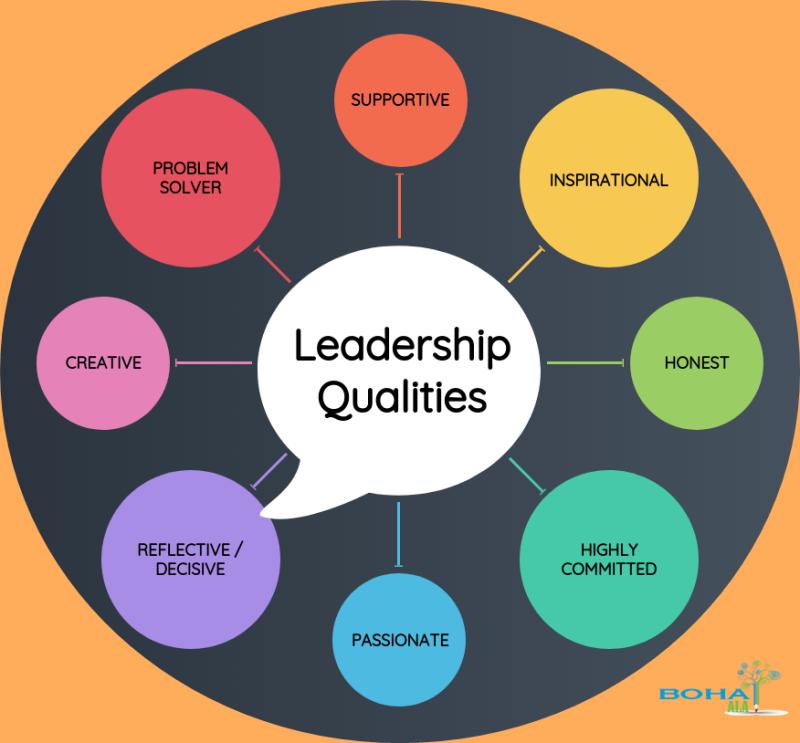What are the characteristics of a successful business ethics training program?
A successful business ethics training program is designed to instill ethical awareness, decision-making skills, and a strong ethical culture within an organization. Here are key characteristics of effective business ethics training programs:
Relevance to the Organization:
- The training content should be tailored to the specific industry, organizational values, and ethical challenges employees may face. Customizing the content ensures that it resonates with participants and addresses the unique ethical considerations of the business.
Interactive and Engaging:
- Successful training programs use interactive and engaging methods to capture participants' attention. This may include case studies, group discussions, role-playing scenarios, and real-life examples that encourage active participation and critical thinking.
Clear Objectives and Outcomes:
- Clearly defined learning objectives and expected outcomes help participants understand the purpose of the training. This clarity allows employees to see the relevance of the training to their roles and responsibilities.
Accessible to All Employees:
- The training program should be accessible to all employees, from entry-level staff to executives. It should be designed to accommodate different learning styles and levels of expertise to ensure inclusivity.
Ethical Leadership Emphasis:
- Effective business ethics training often emphasizes the role of leadership in setting the ethical tone for the organization. Leaders should be involved in the training to demonstrate their commitment to ethical behavior and decision-making.
Real-Life Case Studies:
- Incorporating real-life case studies relevant to the industry and organization helps participants apply ethical principles to practical situations they may encounter in their roles. Analyzing cases enhances critical thinking and decision-making skills.
Ethical Decision-Making Models:
- Training programs should introduce ethical decision-making models that guide employees through a systematic process for evaluating and resolving ethical dilemmas. These models provide a framework for making ethical choices in complex situations.
Continuous Learning and Reinforcement:
- Business ethics training should not be a one-time event. Successful programs incorporate ongoing learning opportunities, reinforcement activities, and periodic updates to ensure that employees stay informed about ethical considerations and changes in policies or regulations.
Integration with Organizational Values:
- The training content should align with the organization's values and code of conduct. Emphasizing the connection between ethical behavior and the organization's values fosters a sense of shared purpose and commitment.
Measurable Outcomes:
- Establish metrics to measure the effectiveness of the training program. This may include pre- and post-training assessments, surveys, and feedback mechanisms. Measurable outcomes help evaluate the impact of the training on participants' understanding and behavior.
Accessibility of Resources:
- Provide easily accessible resources, such as an ethics handbook, online materials, and a designated point of contact for ethical concerns. Clear access to resources supports employees in making ethical decisions in their day-to-day work.
Compliance with Regulations:
- Ensure that the training program aligns with relevant legal and regulatory requirements. Compliance with applicable laws and industry standards is a fundamental component of ethical business conduct.
Anonymous Reporting Mechanism:
- Establish an anonymous reporting mechanism for employees to report ethical concerns without fear of retaliation. Encouraging transparency and whistleblower protections contributes to an ethical culture.
Leadership Commitment:
- Leadership commitment to ethical values is critical. When leaders actively support and participate in the training, it sends a strong message about the organization's commitment to ethical conduct.
Regular Updates and Adaptability:
- The training program should be adaptable to changes in the business environment, industry standards, and ethical considerations. Regularly update the content to ensure its relevance and effectiveness over time.
Cultural Sensitivity:
- Consider the cultural diversity within the organization. A successful program takes into account cultural nuances and promotes inclusivity, recognizing that ethical values may be interpreted differently in various cultural contexts.
By incorporating these characteristics into business ethics training programs, organizations can foster a culture of ethical decision-making, integrity, and responsible conduct among employees at all levels.
Successful Business Ethics Training Programs: Components, Engagement, and Outcomes
1. Distinguishing Components:
A successful business ethics training program should encompass several key components:
a. Clear and Defined Values:
- The program should be based on a foundation of clearly articulated and well-understood company values that guide ethical decision-making.
- Values should be communicated effectively throughout the organization and reflected in leadership actions.
b. Comprehensive Curriculum:
- The training should cover a broad range of ethical topics relevant to the specific industry and company, including:
- Identifying ethical dilemmas
- Recognizing conflicts of interest
- Understanding legal and regulatory frameworks
- Applying ethical principles in real-world scenarios
- Reporting and resolving ethical concerns
c. Engaging and Interactive Format:
- The training should utilize engaging methods that go beyond traditional lectures and encourage active participation, such as:
- Case studies and role-playing exercises
- Interactive discussions and group activities
- Online modules and self-paced learning
- Gamification and simulations
d. Continuous Learning:
- Ethics training should not be a one-time event but rather an ongoing process.
- The program should include opportunities for regular reinforcement and refresher courses to ensure employees stay updated and informed.
e. Effective Leadership Support:
- Leadership plays a crucial role in demonstrating commitment to ethical behavior.
- Leaders should actively promote ethical values, participate in training programs, and hold themselves and others accountable for ethical conduct.
2. Engaging Participants:
Effective business ethics programs rely on several strategies to engage participants:
a. Real-world relevance:
- Use case studies, scenarios, and examples relevant to the participants' work experiences to stimulate interest and encourage application of learned concepts.
- Encourage participants to share their own experiences and perspectives to foster open discussions and deeper understanding.
b. Interactive activities:
- Utilize role-playing, simulations, and group discussions to encourage active participation and provide opportunities to practice ethical decision-making skills.
- Integrate technology into the training through interactive online modules, games, and polls to enhance engagement and learning retention.
c. Facilitation and storytelling:
- Employ skilled facilitators who can create a safe and inclusive environment for open and honest discussions about ethical dilemmas.
- Utilize storytelling, anecdotes, and personal experiences to connect with participants on an emotional level and make the learning experience more impactful.
3. Measurable Outcomes:
The success of a business ethics training program can be measured through various outcomes:
a. Knowledge and awareness:
- Assess participants' knowledge of ethical principles, company values, and relevant policies through surveys and pre/post-training assessments.
- Evaluate their ability to identify ethical dilemmas and apply ethical reasoning in real-world scenarios.
b. Behavior change:
- Monitor changes in employee behavior, including increased reporting of ethical concerns and improved decision-making in challenging situations.
- Conduct surveys to gauge employees' perceptions of the company's ethical climate and their commitment to ethical conduct.
c. Reduction in misconduct:
- Track the incidence of ethical violations and misconduct within the company.
- Analyze the data to assess the effectiveness of the training program in preventing unethical behavior.
d. Positive impact on the organization:
- Evaluate the impact of the program on the company's reputation, brand image, and employee morale.
- Assess its contribution to improved decision-making, risk management, and compliance with legal and regulatory requirements.
By incorporating these components, engaging participants effectively, and measuring the program's outcomes, businesses can develop and implement successful ethics training programs that foster a culture of ethical conduct and contribute to long-term organizational success.












